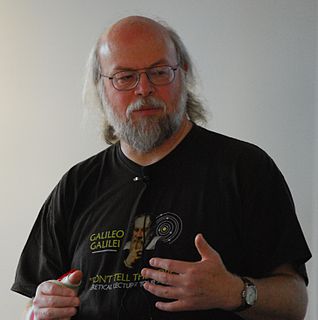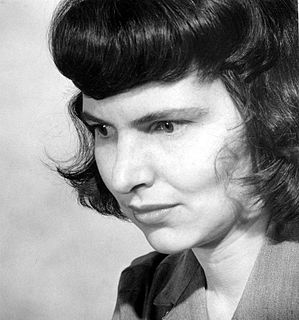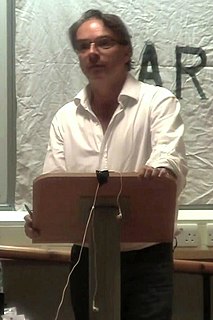A Quote by John Battelle
As the border between physical and digital gets more permeable, a new kind of literacy emerges. And that literacy is built on a foundation of code - whether it's the codes of letters and words, or the code of bits and algorithms.
Related Quotes
We are beginning to shift into life code. And in the process of shifting into life code, every life form on this planet is coded in a double helix with a sugar phosphate backbone. And that codes whether you become a bacteria, an orange, a lemon, a Lemur, a Cow, a sheep, a human being, a politician, any one of these things is all coded in this four-letter code.
How do we know, then, when a code's been cracked?when we are right?when do we know if we have even received a message? Why, naturally, when, upon one set of substitutions, sense emerges like the outline under a rubbing; when a single tentative construal leads to several; when all the sullen letters of the code cry TEAM! after YEA! has been, by several hands, uncovered.
The link between literacy and revolutions is a well-known historical phenomenon. The three great revolutions of modern European history -- the English, the French and the Russian -- all took place in societies where the rate of literacy was approaching 50 per cent. Literacy had a profound effect on the peasant mind and community. It promotes abstract thought and enables the peasant to master new skills and technologies, Which in turn helps him to accept the concept of progress that fuels change in the modern world.

































